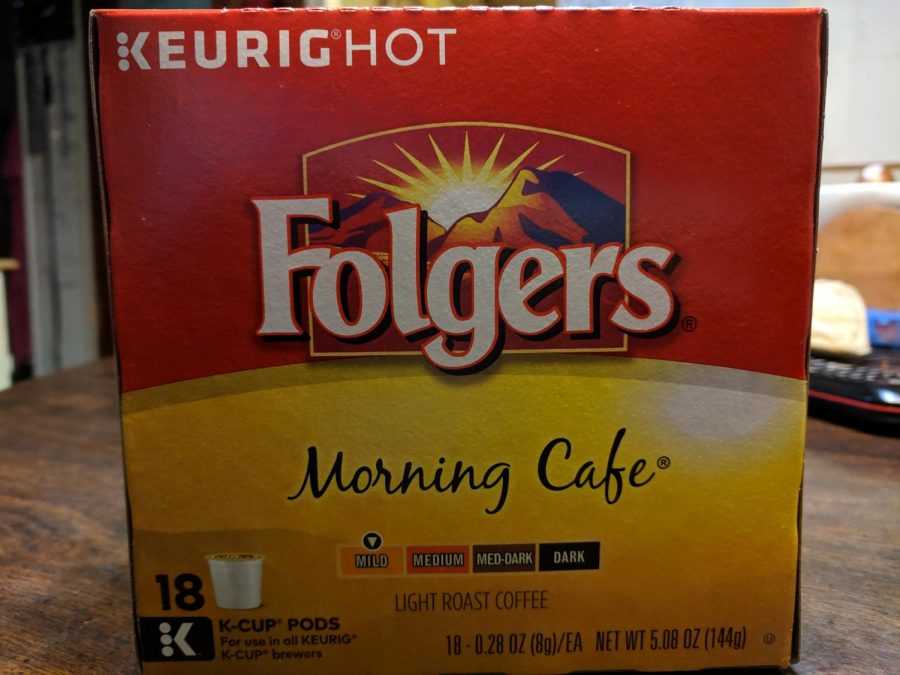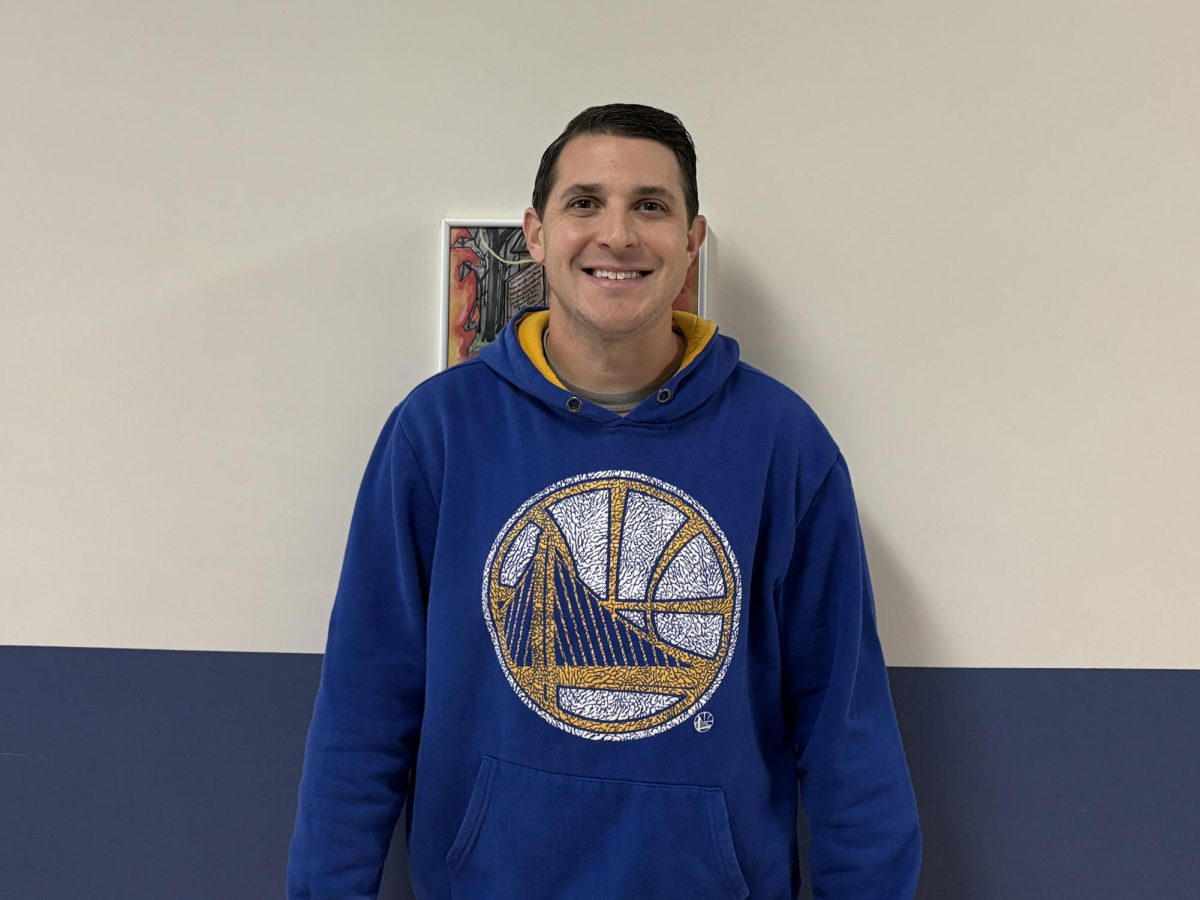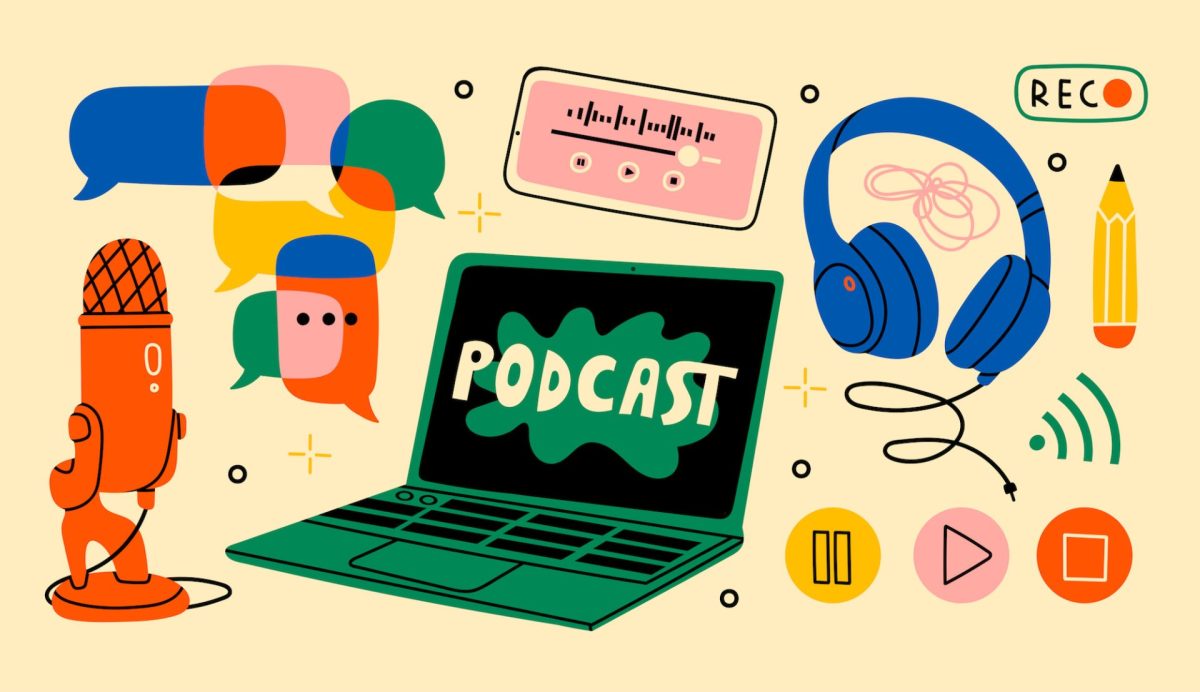If you read Carrie Fuller’s Epidemic Series article about Sleepy Teens, then you’ll know that teenagers do not get the amount of sleep that their bodies require. Some people “solve” this problem with a cup of coffee. Little do they know, they are harming their body by depending on caffeine to wake them up in the morning.
Some foods and drinks that contain caffeine include coffee, soft drinks, tea, hot cocoa, chocolate, frozen yogurt, and ice cream.
Students depend on caffeine to help wake them up, but depending on caffeine can result in side effects that can harm their body.
Caffeine blocks out the adenosine receptors A and A2A. Basically, caffeine makes you more alert. Some side effects of consuming caffeine are irritability, rapid heartbeat, heartburn, muscle aches, and jitters.
If you consume 100 mg or more of caffeine every day, it is a possibility that you can depend on caffeine. 100 mg is about how much caffeine is in an 8 oz cup of coffee.
Caffeine dependence is different than caffeine addiction. Caffeine dependence refers to the physical dependence of caffeine. This is caused by excessive caffeine intake. A person can depend on caffeine without being addicted, although addiction is nearby. Addiction is when a person puts the drug at a top priority because of behavior changes caused by biochemical changes in the person’s brain after substance abuse.
Caffeine dependence causes withdrawal symptoms. Roland Griffiths, a professor at Johns Hopkins, believes that caffeine withdrawal should count as a psychological disorder. Research shows that withdrawal symptoms include headaches, muscle pain and stiffness, lethargy, nausea, vomiting, depressed mood, and marked irritability. Repeated exposure to caffeine will create more adenosine receptors in the central nervous system, making the body more sensitive to adenosine in two ways. One way is increasing caffeine tolerance. The other way is increased withdrawal systems as the body is more sensitive to adenosine once caffeine intake stops.
There is an alternative route to caffeine. Most people consume caffeine to wake up. The most effective way to wake up is to eat a heart-healthy breakfast to increase energy and drink a large glass of water to rehydrate.
Sources:
















